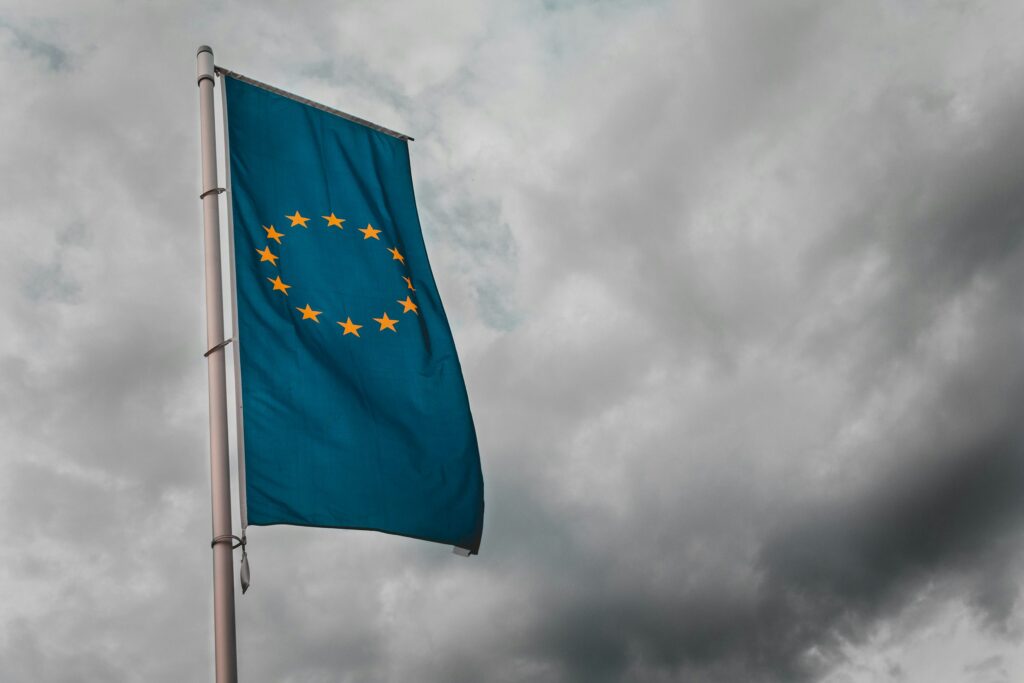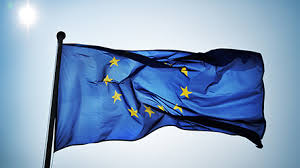
The Marie Skłodowska-Curie Actions (MSCA) are prestigious European research grants designed to support researchers of all nationalities, including Nigerians and other Africans, who are pursuing doctoral and postdoctoral opportunities. These actions are part of the European Union’s Horizon Europe program, and they fund individual researchers, research networks, and staff exchanges across various academic and non-academic institutions worldwide.
Opportunities for Nigerians and Africans
African researchers, including Nigerians, can apply to several MSCA funding opportunities, such as:
- Doctoral Networks (DN): These fund doctoral candidates to pursue research training across institutions, encouraging collaboration between academic and non-academic sectors globally.
- Postdoctoral Fellowships (PF): Targeted at researchers holding a PhD, this fellowship helps researchers advance their careers and continue high-quality research.
- Staff Exchanges: Promote collaboration and knowledge exchange between organizations through staff mobility.
- COFUND: Provides co-funding for regional, national, and international doctoral and postdoctoral programs.
Necessary Documents and Application Process
Nigerians interested in MSCA opportunities need to follow the application procedures carefully, as detailed on the EU’s Funding and Tenders Portal. Here’s what you’ll need:
- Academic CV: A detailed academic resume is essential. Your CV should highlight relevant research experience and publications.
- Research Proposal: This is a critical part of your application. You must submit a research proposal that clearly outlines your planned project, objectives, methodology, and expected outcomes.
- Motivation Letter: A personal statement that explains your interest in the program, research goals, and why you chose a particular institution or project.
- Letters of Recommendation: Academic or professional references may be required to endorse your application.
- Passport and National ID: Nigerian applicants should ensure that their identification documents are valid and up to date.
Eligibility Criteria
- For Doctoral Networks: You must not already hold a doctoral degree and should have less than four years of full-time research experience.
- For Postdoctoral Fellowships: You need to have obtained a PhD and should not have more than eight years of postdoctoral research experience.
- For Staff Exchanges: Participants can be researchers at any stage of their career, but exchanges must involve organizations from different countries.
How to Apply
- Identify a Suitable Call: Visit the EU Funding and Tenders Portal to find an open call related to your area of interest
- Proposal Submission: Follow the six-step process to prepare and submit your application. Make sure you select appropriate keywords to help align your proposal with the best expert evaluators.
- Prepare Documentation: Ensure you have all required documents, including research proposals, CVs, and letters of recommendation.
- Follow Guidelines: Carefully review the specific requirements for each call, as detailed in the Work Programme 2023-2024 for MSCA actions.

The Marie Skłodowska-Curie Actions (MSCA) are primarily designed to support doctoral and postdoctoral researchers. Unfortunately, master’s students do not typically qualify for direct funding through MSCA actions. However, master’s students can consider transitioning into the MSCA Doctoral Networks once they’ve completed their degree, provided they meet the eligibility criteria for pursuing a PhD.
Fields of Study for MSCA Applications
MSCA is open to all disciplines, making it field-agnostic. This means that students and researchers from various academic backgrounds can apply, including but not limited to:
- Natural Sciences: Physics, Chemistry, Biology, Earth Sciences
- Engineering and Technology: Mechanical Engineering, Electrical Engineering, Computer Science
- Social Sciences and Humanities: Sociology, Political Science, History, Linguistics
- Life Sciences: Biomedicine, Molecular Biology, Environmental Science
- Arts and Literature: Cultural Studies, Philosophy, Art History
Researchers from any discipline are eligible to apply, as long as they meet the requirements of the specific call.
Alternative Opportunities for Master’s Students
While direct MSCA funding is not available for master’s level study, pursuing a master’s degree in Europe could lead to future eligibility for MSCA doctoral opportunities. Additionally, some European universities may have partnerships with MSCA-funded projects, allowing master’s students to gain early research experience in MSCA initiatives. This would provide a smooth transition into doctoral research under MSCA programs.
Successful applicants will receive funding for their research project, including living allowances, mobility allowances, and contributions to research costs. This support facilitates research at top institutions globally, helping you build a significant international career.
To explore opportunities, master’s students are encouraged to keep an eye on Doctoral Networks and Postdoctoral Fellowships after they finish their master’s programs
More detailed guidelines on application processes and specific calls can be found on the Marie Skłodowska-Curie Actions website(European Research Executive Agency)(Marie Skłodowska-Curie Actions).
